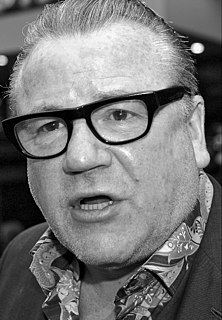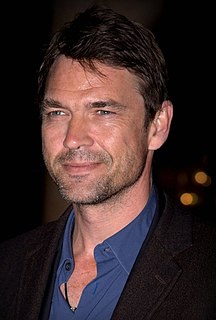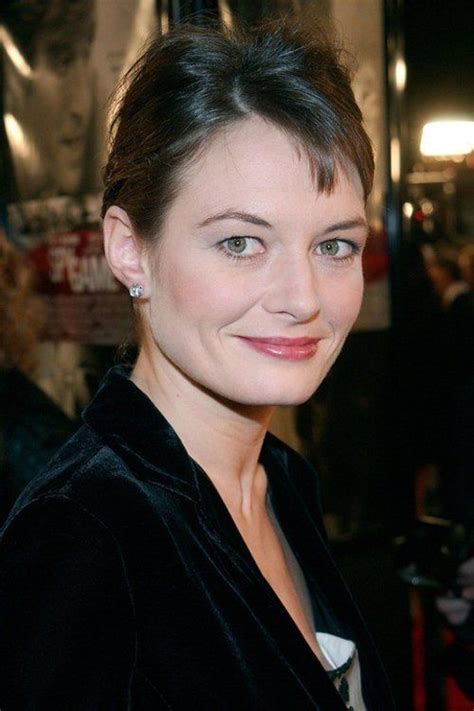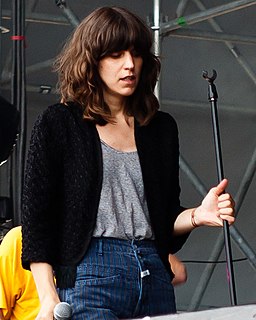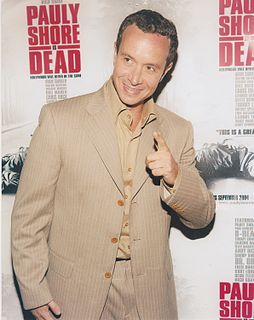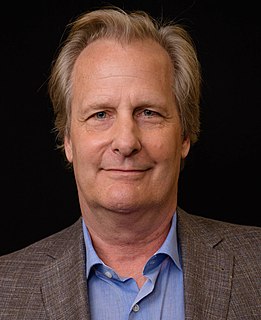A Quote by James Iha
It's great working with directors and with somebody else's vision.
Related Quotes
I feel like I've been very lucky with the directors. The characters I've been offered, especially lately, have given me the opportunity to play all of these different women. I always wanted that, and it's something that you cannot do by yourself. If you want to play a diversity of characters, somebody else has to have the imagination to give you a role completely out of the box. We depend on somebody else's trust, and these directors are giving me their trust, and I am grateful for that.
Jealousy is comparison. And we have been taught to compare, we have been conditioned to compare, always compare. Somebody else has a better house, somebody else has a more beautiful body, somebody else has more money, somebody else has a more charismatic personality. Compare, go on comparing yourself with everybody else you pass by, and great jealousy will be the outcome; it is the by-product of the conditioning for comparison.
I like it when people are kind and I like people who are looking for collaborators. Sometimes you can feel like a moving prop, and that could be amazing, you can be a prop in somebody's incredible vision, but I'm more interested in people who are looking for actors they can collaborate with and make something together with. I like stretching myself, I like trying new things out, but I'm really interested in working with directors who have a very specific style and a unique way of working.
Most Chinese filmmakers grew up watching television; they watched films on television, not in cinemas. The scope of their vision is not big enough, they're not yet detail-oriented enough. You have to watch films in cinemas for years to understand the depth and scope of vision needed in filmmaking. Directors in China usually come from an academic background; they graduate as film directors. Whereas the directors from Hong Kong learn their trade on sets, beginning at the lowest rung.


